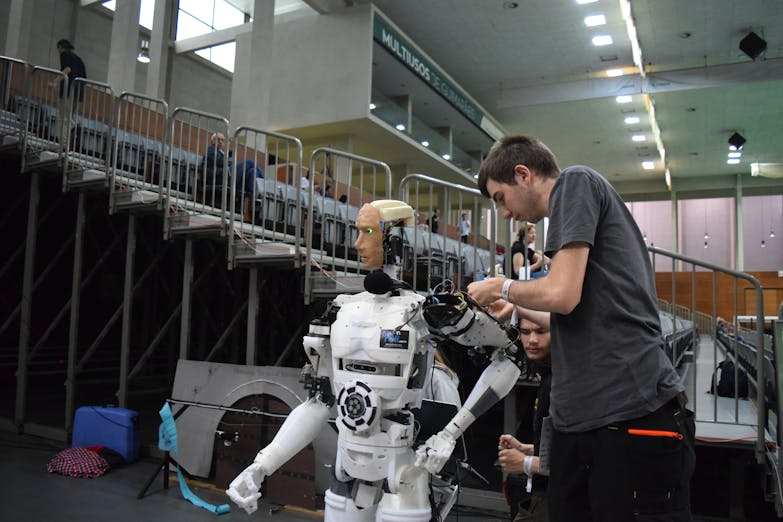Prompt Engineering: Scaling AI Efficiencies
When it comes to optimizing the performance of artificial intelligence, scale AI prompt engineer emerges as a key player in the tech field. As AI systems become more prevalent, the need for precise and effective prompts that guide these systems is paramount. Prompt engineering is the art and science of crafting inputs that lead AI to produce the desired outputs, and scaling this process is essential for businesses looking to leverage AI at a larger scale.
The Role of a Scale AI Prompt Engineer
Prompt engineers are tasked with the responsibility of developing prompts that can efficiently scale across various AI applications. Their expertise lies in understanding the nuances of language and the mechanics of AI algorithms to create prompts that are clear, concise, and capable of eliciting high-quality responses from AI systems.
As organizations ramp up their AI capabilities, prompt engineers must ensure that their prompts can maintain consistent performance even as the number of AI interactions increases. This involves extensive testing and iteration to refine the prompts for scalability.
Best Practices in Scaling AI Prompts
There are several best practices that scale AI prompt engineers should follow to ensure successful scaling:
- Modularity: Designing prompts that are modular allows for easy adjustments and updates without disrupting the entire system.
- Data-Driven Optimization: Using data to inform prompt modifications ensures that changes are grounded in actual performance metrics.
- Multi-lingual and Cultural Sensitivity: Scaling often means expanding into new markets, which requires prompts to be adaptable to different languages and cultures.
- Consistency: Despite the scale, it’s crucial to maintain a consistent voice and style across all prompts to provide a seamless AI user experience.
Challenges in Scaling AI Prompt Engineering
Scaling AI prompt engineering is not without its challenges. One major hurdle is ensuring that prompts remain effective across diverse user interactions. As the user base grows, so does the variability in how people communicate with AI systems. Another challenge is maintaining the quality of AI responses. As prompts are scaled, there’s a risk that the specificity and relevacy of AI responses may diminish.
To overcome these challenges, prompt engineers often rely on advanced testing frameworks and AI training techniques that can simulate a wide range of user scenarios and inputs.
Tools and Technologies for Effective Scaling
Several tools and technologies assist prompt engineers in scaling their efforts:
- Natural Language Processing (NLP) Frameworks: These are essential for understanding and processing human language at scale.
- Machine Learning Operations (MLOps): MLOps practices help manage the lifecycle of AI models and prompts efficiently.
- Automated Testing Suites: Automation in testing allows for rapid assessment of prompts across different conditions.
- Version Control Systems: Keeping track of changes and iterations in prompts is crucial as they evolve.
By leveraging these tools, scale AI prompt engineers can ensure that their prompts remain robust and effective, even as the number of interactions increases exponentially.
Future Directions for Scale AI Prompt Engineering
The field of prompt engineering is continuously growing, and its future is closely tied to the advancements in AI technology. We can expect to see more sophisticated prompts that can handle increasingly complex tasks. Additionally, there’s a push towards automating the prompt engineering process itself, using AI to generate and optimize its own prompts.
As the demand for AI continues to climb, the role of the prompt engineer will become even more crucial, and scaling these efforts will be a top priority for tech-forward businesses.








